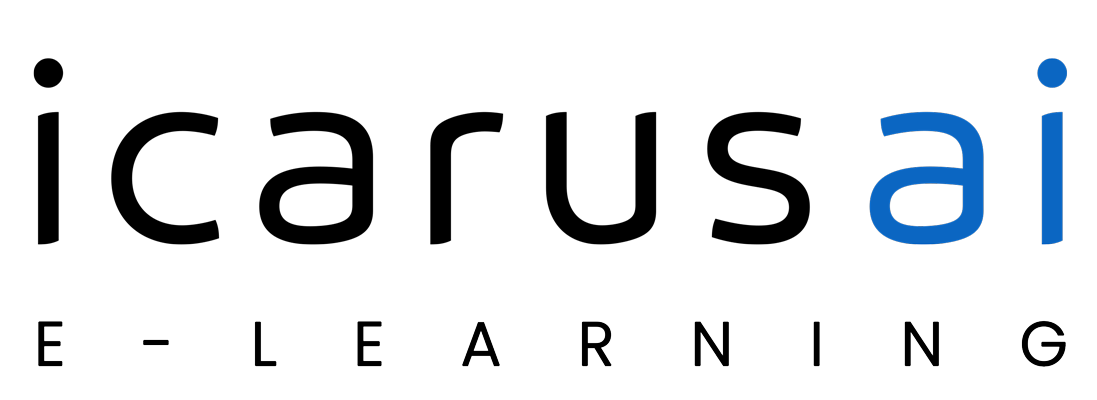Reimagining Education with Generative AI
Generative AI tools are revolutionizing education by transforming how educators teach and how students learn. Despite concerns, these tools offer vast opportunities to improve education, and have already showcased impressive achievements in academic settings, surpassing human capabilities in various tasks.
Educators, however, often approach AI with caution, fearing its potential drawbacks. Focusing solely on the risks may blind us to the numerous benefits AI can bring to education.
In order to fully capitalize on AI’s potential, we must address existing flaws in education, such as inequitable access and teacher burnout. This requires reimagining skill development, assessment methods, and teaching practices.
Skills essential for the AI era include foundational AI literacy, problem formulation, adaptability, critical thinking, and reflection. Traditional assessment methods are becoming outdated, making room for more innovative approaches that incorporate AI tools. This shift demands new educational frameworks and mentorship programs to guide students responsibly.
Generative AI also promises personalized education for all, potentially bridging gaps in access. AI tutors and virtual assistants can tailor learning experiences to individual needs and relieve educators of administrative burdens.
As AI continues to shape our world, it’s crucial to embrace its potential while navigating its challenges. Failure to do so risks stagnation in education, hindering progress towards a more dynamic and effective learning environment.

